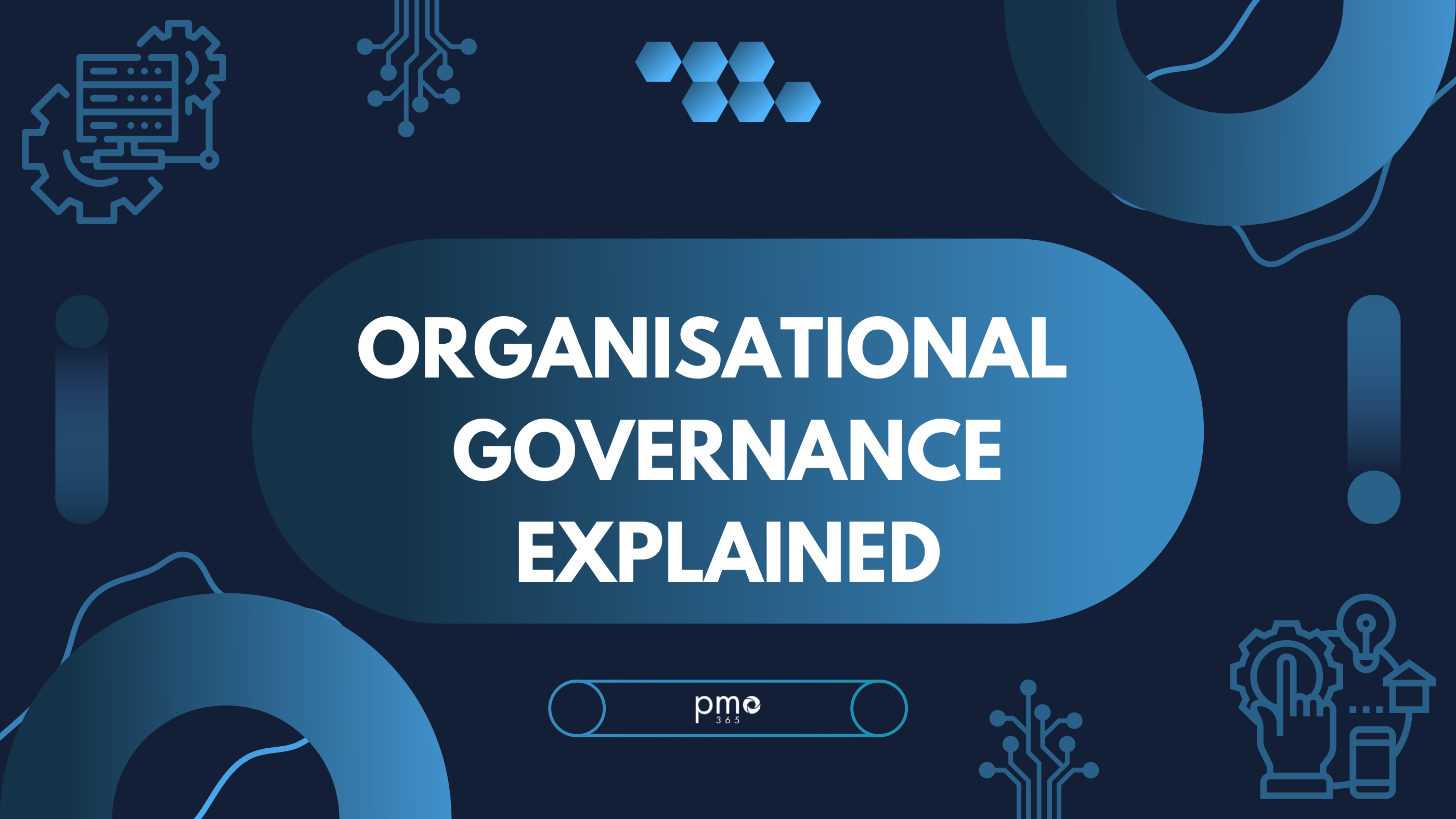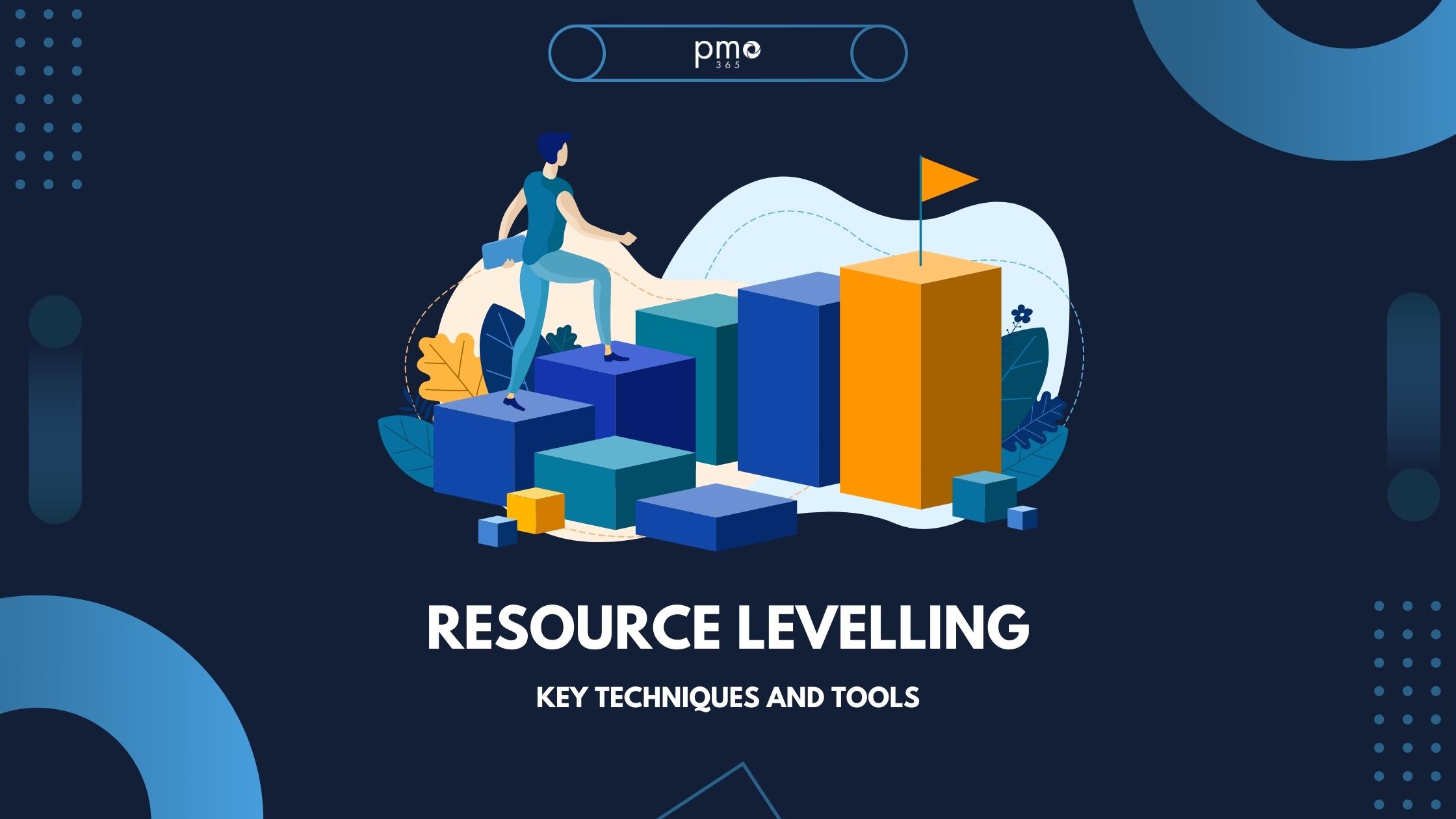While the benefits of organisational governance may be plentiful, it can be challenging to develop effective governance frameworks. To help you avoid some of the common hiccups when implementing a governance framework, we’ve compiled the seven key causes of poor corporate governance. By being aware of these causes, you’ll be able to implement your corporate governance strategy smoothly and effectively.
Cause 1: Lack of clear strategy
As corporate governance is the foundational framework for an organisation, it’s imperative to align governance procedures with strategic objectives. This cause, governance without a link to overarching strategy, is the cause which will cause the most damage to your governance initatives. When there isn’t a clear link between the new governance frameworks and overarching strategic objectives, employees and stakeholders can easily miscommunicate. Governance is not just about laying down rules for decision making. When organisations link governance with strategy, they provide employees principles to make decisions for the organisation.
To eliminate this cause of poor corporate governance, organisations should create a clear information policy. The organisation should ensure that the policy clearly states the reasons for implementing the governance framework, establishes its connection to overarching strategic objectives, and provides a precise definition of the framework. Subsequently, employees should develop robust internal documentation processes that align with the new governance principles.
By developing an information policy, organisations can control and manage information within the organisation. Strategic clarity and clear communication of this strategy ensures stakeholders and employees understand their role. From there, they can contribute to the organisation’s strategic success. Check out this article about what you need to consider in IT governance frameworks.
Cause 2: Establishing an ineffective board
The most successful board for an organisation will have the right balance of backgrounds and competencies. Therefore, the board must be inclusive to be effective.
However, achieving this balance is no easy task. While best practices on forming independent board members is vary, it’s crucial to ensure that independent directors are not only relevant but competent. Overlooking this can have significant negative impacts. For example, the board of the Lehman Brothers had very few directors with banking experience; had this been different, they are likely to not have filed for bankruptcy in early 2008.
However, having a diverse board is not the only challenge. For a governance framework to experience widespread adoption across an organisation, those on the board should be enthusiastic about the governance values and principles of participation. Therefore, it’s important that the board actively fosters a culture of inclusion and fairness. It does not suffice for an organisation to comply with diversity measures only on paper, without encouraging a genuine culture of inclusivity and open participation.
Cause 3: Conflict of Interests
In a similar vein to Cause Two, it should be evident in a governance framework that the organisation is equitable and fair to all employees. The organisation should ensure that its policies and protocols reflect this equity, applying benefits or requirements to all employees. Sometimes, a conflict of interest jeopardises this equity when an executive has interests that directly conflict with the organisation’s objectives. This conflict of interests is a significant cause of poor corporate governance.
Conflicts of interests often occur in family-owned enterprises when familial relationships can impact objectivity. This lack of objectivity can deteriorate the trust of shareholders, employees, and the public. In addition, it can leave the organisation vulnerable to litigation.
Cause 4: Succession plan and planning
While most executive teams appreciate the value of long-term planning, less are aware of the need to develop succession plans. Further, it can be difficult for an executive team to properly acknowledge the need for proper succession planning. An effective board is open to frequent discussions on succession and succession planning, acknowledging that despite the intentions of all board members to stay, it may not turn out that way.
Without proper succession plans in place, board member shuffles can quickly become distracting and damaging. This has problematic repercussions both internally and externally, acting as a public sign of organisational governance incompetencies and instability.
Cause 5: Growing complexity in compliance and regulations
As social and environmental responsibilities on organisations grow, so does the complexity of compliance regulations. Organisations are expected to consistently meet strict legal regulations, conflicting geographical compliance requirements, as well as any social expectations.
This becomes a significant cause for poor governance in multinational organisations. These organisations should consider the geographical and social contexts of the various countries in which they operate to develop organisational governance frameworks. As such, they must evaluate the applicability of practices against the requirements of local jurisdictions, and potential conflicting rules that may exist between different regions.
Additionally, sustainability efforts are becoming increasingly important to stakeholders and investors. Being able to implement sustainability strategies and report on their progress is a vital necessity for effective organisational governance.
There’s a few options to explore to effectively reach compliances. Many organisations hire third-party services the ensure all compliances are met. Alternatively, your organisation can form their own compliance task force. This can be in the form of a Climate and ESG Task Force, or a committee set up to implement a PRiSM framework. Either way, ensure that your corporate governance plan addresses any identified compliance regulations.
Cause 6: Organisational aversion to change
It’s no surprise that a corporate governance plan may meet some resistance. Getting everyone on the same page is not easy, especially if the governance framework renders certain practices, dynamics and cultures redundant.
Successful organisational governance implementation should take into account pre-existing cultures and contexts of the organisation. Then, executives developing this framework should accommodate the need for change. Ultimately, this has the goal of minimising the resistance to change. By building trust and integrity in governance committees, executives are likely to successfully secure organisational buy-in to changes and new processes.
Cause 7: Growing cyber security risk
According to an IBM report, a global average cost of a data breach in 2020 a global average was over $4 million USD. The pandemic and the ensuing shift towards remote working has intensified cyber-security concerns, therefore pushing organisations to reconsider their cyber-security contingencies. Many organisations are turning to cloud-based technology for its benefits of flexibility, and employ security through this technology to manage cyber risks.
Custom-built cloud-based PPM solutions like pmo365 enable organisations to apply the security and governance policies they require based on their needs and capabilities. This means that updates and changes can be easily deployed as risks, without sacrificing security and connectivity. pmo365’s solutions are built on IRAP-certified Microsoft Azure Datacenters that maintain the highest level of data security and integrity.
Avoid causes for poor corporate governance with pmo365
Overcoming these governance challenges on your own can be hard, especially if you do not use an intuitive PPM software. At pmo365, our experts know just how painstaking and tedious governance activities can be without the right system.
That’s why we have put a great amount of attention into building governance frameworks into our solution. These frameworks can be easily customised and applied to your pre-existing stack. We can automate your governance activities, undertake deep analysis on your progress, and achieve full visibility over your projects.
If you want to know more about how we can take your governance activities to the next level, make sure to read more here, or book a free trial with our PPM experts to see our system in action! Read our article on eight guidelines good governance.













